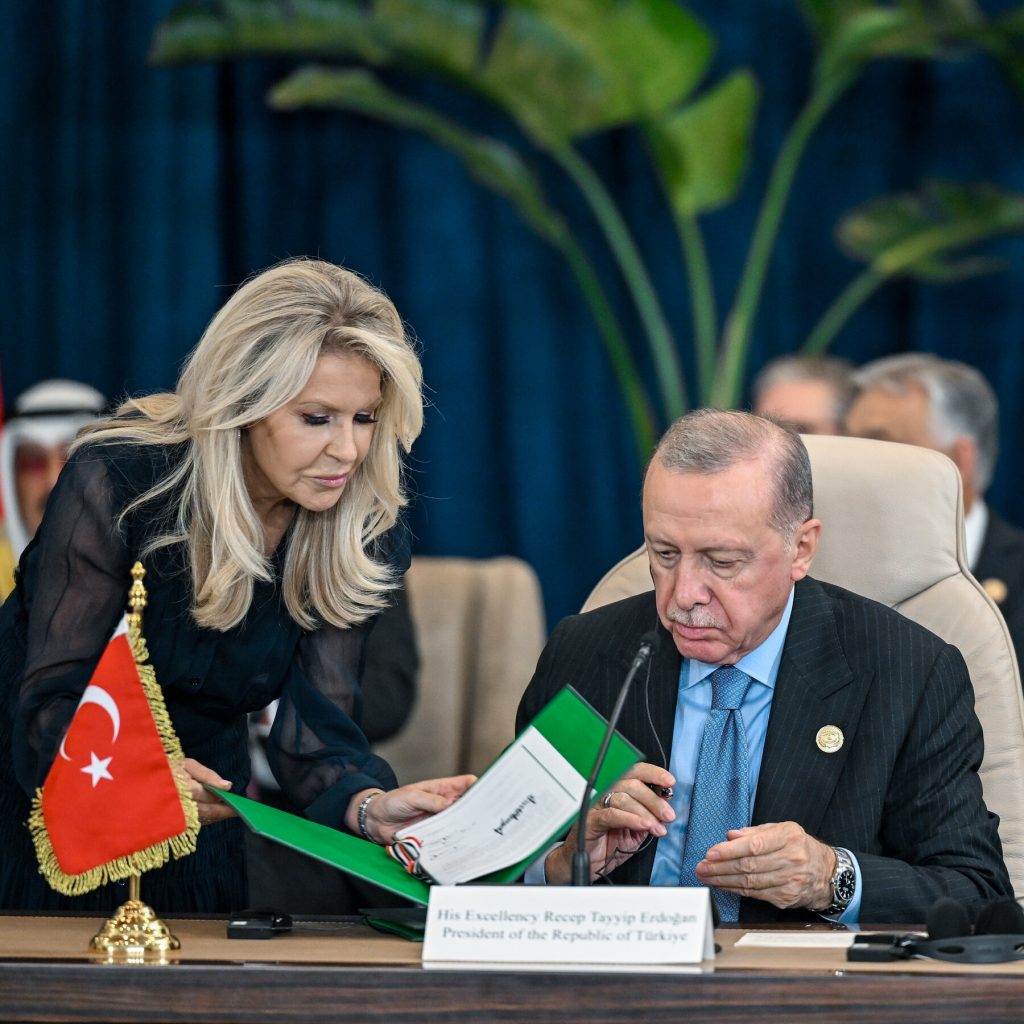Turkey’s Gaza Gambit: Ankara Offers Postwar Assistance, but Israel Remains Skeptical

In the aftermath of the recent cease-fire in Gaza, Turkey has expressed its willingness to contribute to the reconstruction and stabilization of the war-torn region. As one of the guarantors of the truce, Ankara sees an opportunity to expand its influence in the Middle East, reaping both political and economic benefits. However, Israel appears to be hesitant to accept Turkey’s offer, casting doubt on the prospects of Ankara’s involvement in Gaza’s future.
Turkey’s interest in playing a role in Gaza’s postwar reconstruction stems from its desire to assert its position as a key player in regional diplomacy. By offering to help rebuild Gaza, Turkey aims to bolster its credentials as a peacemaker and increase its visibility on the international stage. Moreover, Turkey’s involvement in Gaza’s reconstruction could provide a valuable opportunity for Turkish businesses to tap into the region’s rebuilding efforts, generating significant economic benefits.
Despite Turkey’s enthusiasm, Israel seems unwilling to entertain the idea of Turkish involvement in Gaza. The Israeli government has historically been wary of Turkey’s growing influence in the region, and the prospect of Ankara’s participation in Gaza’s reconstruction is likely to be met with skepticism. Israel’s concerns may be rooted in its desire to maintain control over the Gaza Strip and prevent any external actors from gaining a foothold in the region.
The dynamics between Turkey and Israel on this issue are complex, with both countries pursuing their own interests and agendas. While Turkey sees an opportunity to expand its influence, Israel is focused on ensuring its own security and maintaining its dominance in the region. As the situation in Gaza continues to evolve, it remains to be seen whether Turkey’s offer will be accepted or rejected. One thing is certain, however: the fate of Gaza’s reconstruction and the role of external actors in the region will have far-reaching implications for the Middle East’s future.



